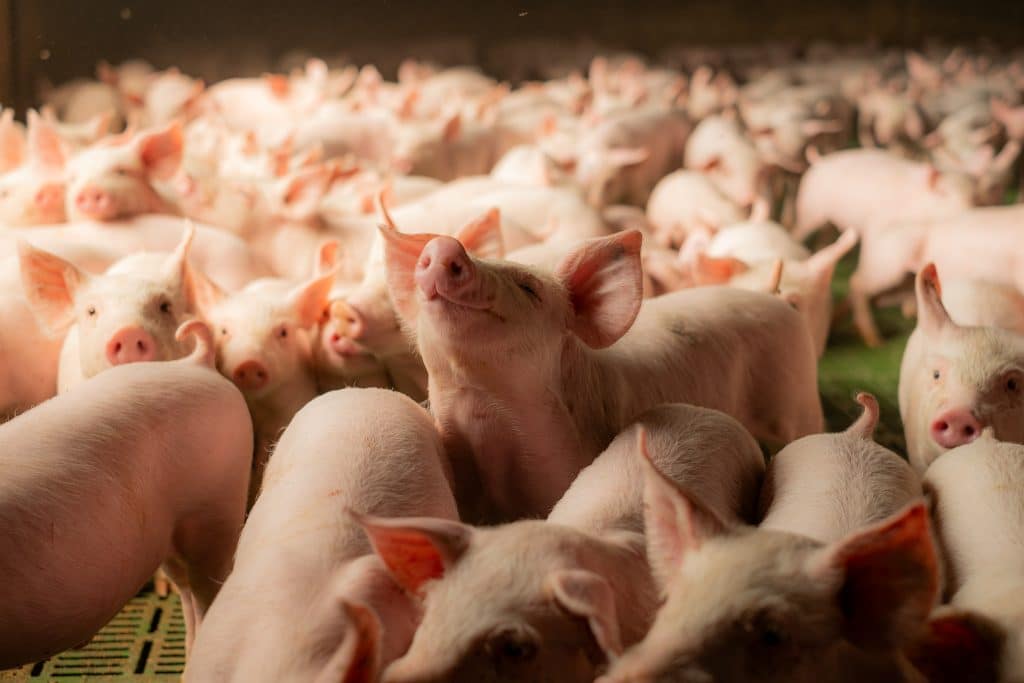With the change of seasons upon us, many people have returned from their healthcare adviser with a diagnosis of ‘swine flu’ and with this comes certain misconceptions. Influenza viruses are very common and, although some influenza viruses are shared between humans and animals, there is no reason to treat this condition any differently from your usual winter cold.
Why is it called ‘swine flu’?
As with canine parvovirus (katgriep) in dogs which has nothing to do with cats, ‘swine flu’ in humans has nothing to do with pigs or pork. ‘Swine flu’ has become the colloquial term for any seasonal influenza in humans but is actually a false term. Although swine influenza in pigs is also caused by influenza A viruses, this subtype of influenza requires direct, close contact with pigs in order to have any effect on humans.
How is it different from African swine fever?
Swine influenza (and ‘swine flu’ in humans) are completely unrelated to African swine fever (ASF), being caused by completely different kinds of viruses. ASF has a much higher mortality rate and is caused by a DNA virus, whereas swine influenza has a low mortality rate, spreads faster, and is caused by an RNA virus.
Can I get swine influenza?
The spread of swine influenza to humans is a rare occurrence, and only farm workers who work with pigs on a daily basis may show some mild flu symptoms, similar to the common cold. Risk factors such as old age and a suppressed immune system may increase the risk of more serious influenza symptoms.
What are the symptoms in pigs?
In the case of an outbreak, acute symptoms of respiratory disease may affect as much as 100% of the herd. This includes coughing, fever and loss of appetite. The mortality rate is usually low, but weight loss and poor growth may cause economic losses. Simultaneous infections with other viral or bacterial diseases can increase the severity of the disease. Usually, the pigs recover rapidly (within 10 days).
In the case of a more persistent infection in the herd, swine influenza may continue showing up in the form of new cases for several months. Acute cases may then be precipitated at stressful moving times. This may be followed by decreases in fertility and even abortions.
What should I do if I suspect swine influenza in my herd?
Talk to your consulting veterinarian regarding respiratory diseases. If you have already implemented preventative or control measures for other common causes of respiratory disease, including Mycoplasma hyopneumoniae and Actinobacillus pleuropneumoniae (APP), and you continue to have problems with respiratory disease in your herd, swine influenza can be considered.
Is there a treatment and/or prevention for swine influenza?
A vaccine is available in certain countries but has not yet been brought into South Africa. Treatment is symptomatic including anti-inflammatories (such as Meloxicam) and antibiotics for secondary bacterial infections.
Is the meat safe to eat?
There is no evidence to suggest that pork meat is a source of infection for humans or pigs.










